You may recall a few months back I hit you all up with a vague request. I was looking for parties interested in developing a new business proposition. My wording was sufficiently vague that I got a ton of responses. So many that I couldn't respond to all of them. My original intent, however, hasn't wavered.
While I've got a fresh cup of coffee in me (it's so much stronger here in France), let me give you a few things to think about. The proposition in question then, and now, is
Strategic Insider...and what may spring from it in 2004. The direction of the
Insider is going to be driven, for the most part, by analyzing financial markets on a daily basis, and then refining our investment tactics. It'll be a full time job.
But I'm hoping, if there's enough interest from readers like you, we can build it into something else. That is, the real intent of this venture isn't only to provide more interesting reading. First, I'm hoping to bring you more and better investment ideas. Second, I'd like to bring more depth and analysis to what's turning out to be an incredible period in financial and geopolitical history.
To that end, I'm extending an open invitation to you. An invitation to what? Good question. Here's my proposition, I'm going to spend 2004 beating the bushes for the best investment ideas and stories. You can help, though.
Fist, keep sending along links, ideas, or articles. You can send them to strategicinsider@agora-inc.com or strategicinsider@aol.com. The reader base for the
Insider includes many, many talented investors and creative thinkers. You've already seen me publish quite a bit of reader mail. The more you send, the more I can publish. Of course I have plenty to publish on my own...but what I'm getting at is that the
Insider can be a collaborative proposition...to the extent that you have the time or interest in making it so.
Second, I often get detailed questions about how to accomplish difficult investment objectives. For example, just last week I got an e-mail asking for more detailed investment coverage of Australian mining shares. This is something I'd
like to do. And I've already begun working through channels to make it happen. But this is just one in a long list of specialized topics that merit more attention.
I already have a long list of research contacts all over the world, brokers, money managers, traders, analysts, hedge fund managers, other investment writers. But it never hurts to have more. If you're in the business, or if you just happen to have some local knowledge about a particular opportunity...or just an eyewitness report from the front lines, contact me. Just consider it the digital version of sending your business card.
This medium gives me the chance to be a publisher of thousands of professionals, thinkers, and investors. Of course I exercise a fair amount of discretion about what I publish. But the more sources I have (human intelligence), the better the quality of the material you end up reading.
Blegging
In a slightly different context, you'll notice that the design of the site and its technical functionality are fairly bare bones. I prefer it that way. But I'm always open to improvements. So I'm going to do what is called blegging, asking (not begging) readers of the blog for help with a particular issue.
I know that some of you out there are fairly savy when it comes to programming and design. I'm not averse to tapping into that source of knowledge...nay, even doing business with a few of you if you have good suggestions and would like to be compensated for your services. In the next year, I'd like to add an audio-blogging feature to the site...plus some other bells and whistles. If you've got some ideas, let me know.
Finally, don't take any of this as an imposition on your time or resources. Fundamentally, this a service which
I've contracted to provide to
you. You'll get your money's worth, and, I hope, then some.
Beyond that, I've excited about the possibilities. What we've already begun to establish is a loose network of individuals, brought together by a common financial goal, and perhaps, more than that. I'd shy away from saying I have any over-arching philosophy for the Insider, certainly nothing that would include the wide variety of readers with very different ideas and beliefs.
What we DO have in common though, is a curiosity about the times we live in. And what we now have, through the
Insider, is a tool for reporting, analyzing, and thinking about those times with greater speed, depth, and effectiveness than ever before. That's the proposition anyway...
P.S. speaking of blegging, if any of my London-based readers have suggestions on affordable neighborhoods to live in London (in the Central part), hit me up. Studios, one-rooms, anything really...
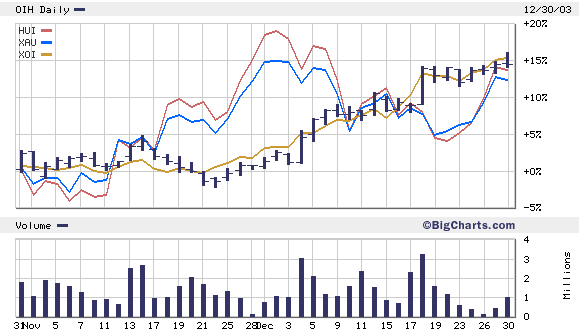
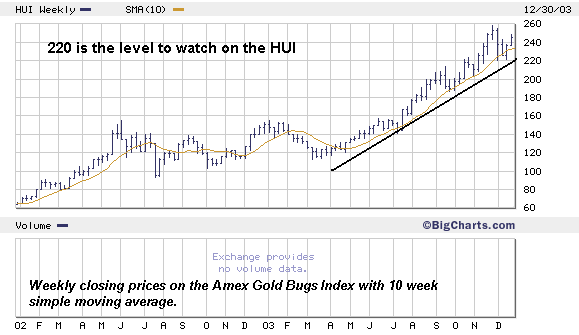
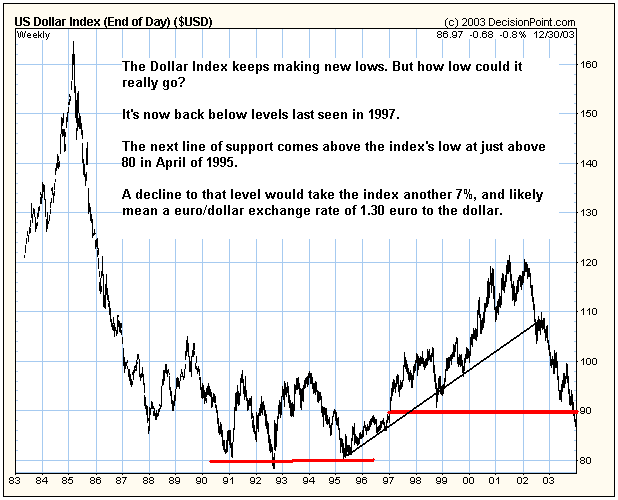
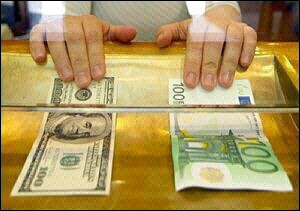
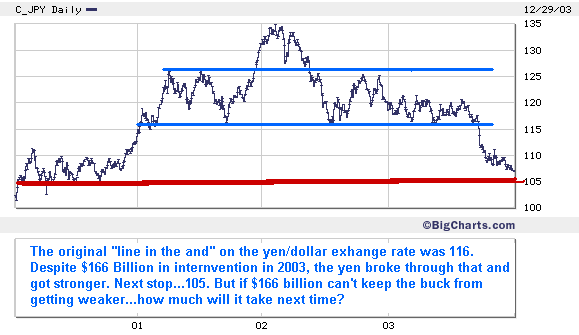 So, now we know that yen intervention kind of worked, at least to keep the currency from getting too strong too fast. It certainly kept the yen from getting as strong as the euro, as the chart below shows.
So, now we know that yen intervention kind of worked, at least to keep the currency from getting too strong too fast. It certainly kept the yen from getting as strong as the euro, as the chart below shows.
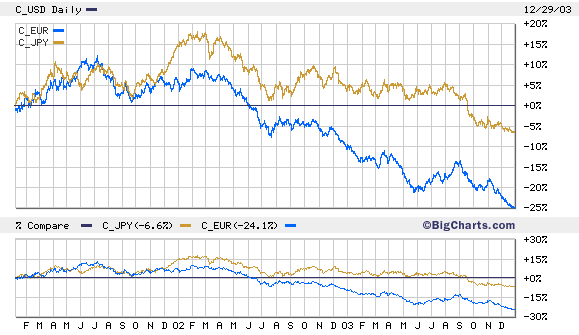 Of course, we also need to know if yen buying supported U.S. bond prices. That's the critical question for IEF. Indulge me in one more chart.
Of course, we also need to know if yen buying supported U.S. bond prices. That's the critical question for IEF. Indulge me in one more chart.
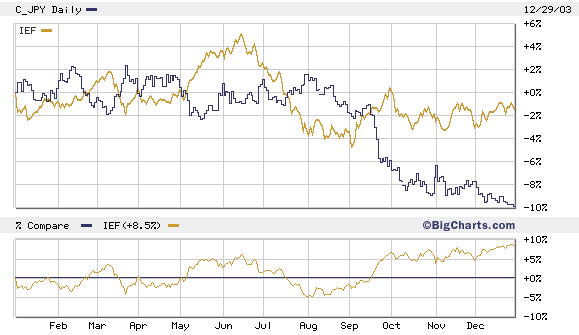 The chart above compares the year-to-date performance of IEF and the yen. It's hard to draw a definite conclusion. But the key time on the chart is the August-September period. During that period, bond prices made a bottom--and the yen strengthened against the dollar (it's counterintuitive to say that the yen got "stronger" when its line on the chart is going down...but remember, that means it's taking fewer yen to buy one dollar. 100 yen for one dollar would be about where 'parity' is.)
According to
The chart above compares the year-to-date performance of IEF and the yen. It's hard to draw a definite conclusion. But the key time on the chart is the August-September period. During that period, bond prices made a bottom--and the yen strengthened against the dollar (it's counterintuitive to say that the yen got "stronger" when its line on the chart is going down...but remember, that means it's taking fewer yen to buy one dollar. 100 yen for one dollar would be about where 'parity' is.)
According to